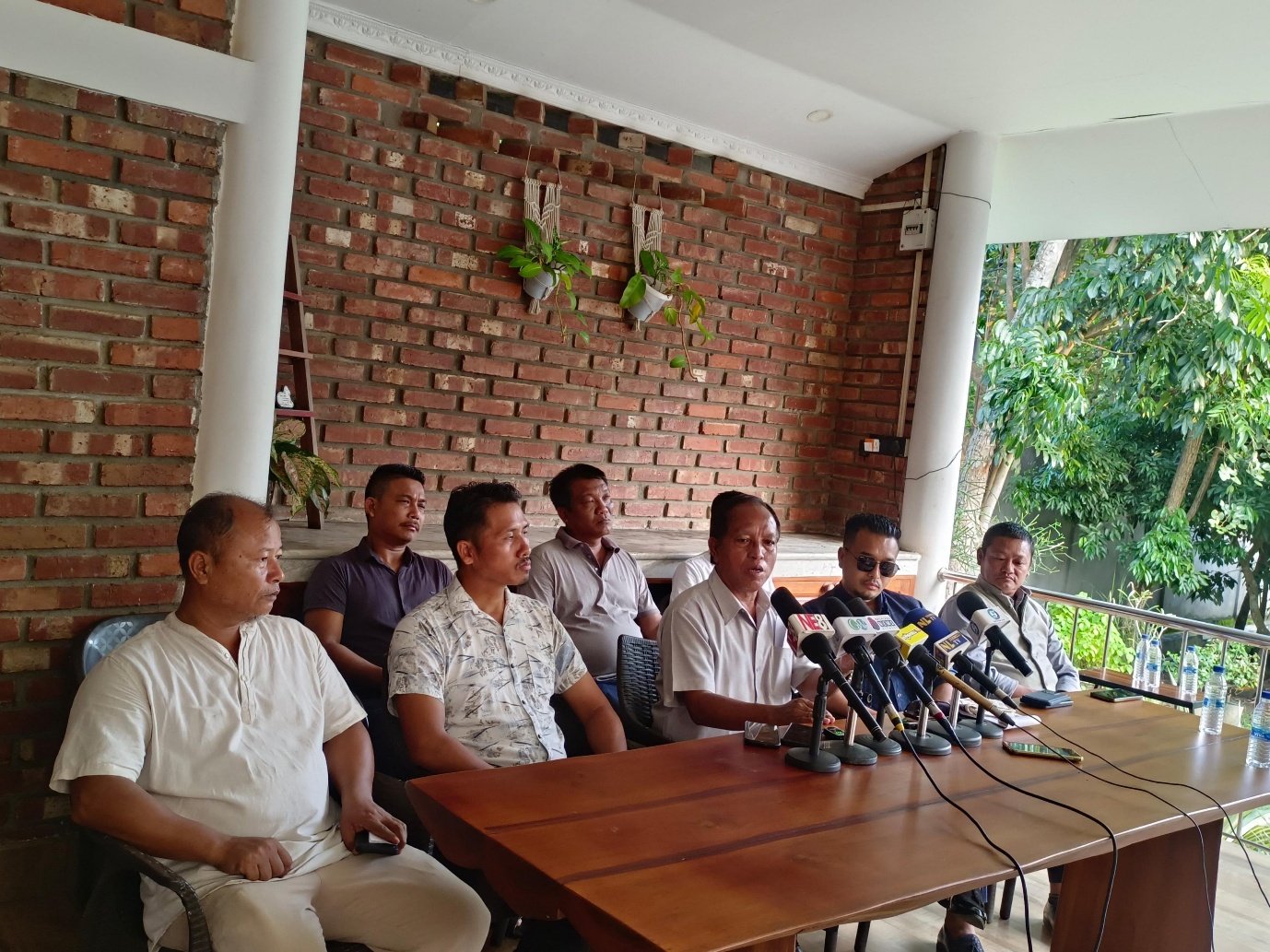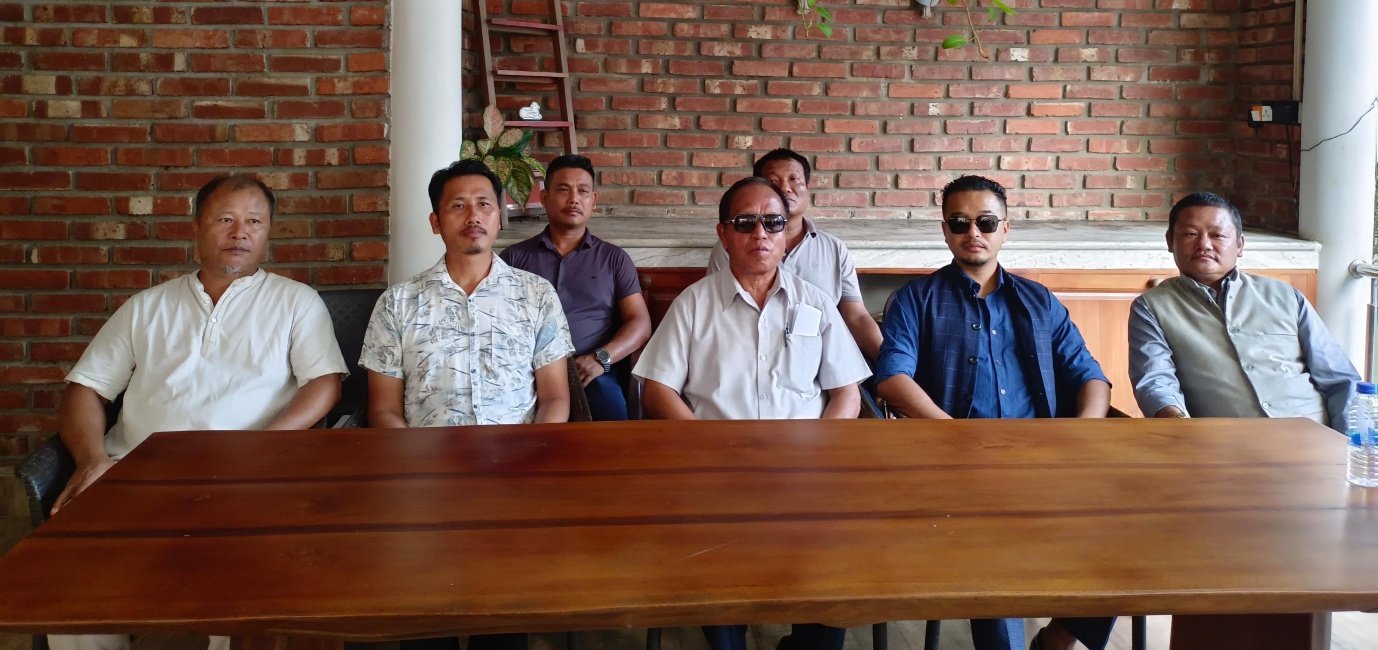The Association of Indigenous Minority Tribes of Nagaland (AIMTN), representing the Kuki, Garo, Kachari, and Mikir (now Karbi) tribes, held a press conference today to address concerns over the implementation of the Registration of Indigenous Inhabitants of Nagaland (RIIN). The government issued an order on September 20, 2024, that focused on enumerating only the four minority tribes under the new RIIN procedures.
Speaking at the press conference, L Singsit President KIN and other representatives clarified their stance, stating that while they support the implementation of RIIN, they oppose the selective targeting of their tribes. “We are not against RIIN,” said Singsit. “But we question why only the four minority tribes are singled out for the enumeration process. We believe all tribes should go through this process together.”
The AIMTN had previously submitted a representation to the state government, requesting a review of the order. The leaders expressed disappointment over the lack of response from the government, which they said has led to misunderstandings among other tribes, many of whom believe the four minority groups are against RIIN. “This is not true at all,” Singair clarified. “We are with RIIN, but we seek equal treatment for all tribes.”
Addressing the sensitivity of their position as minority tribes, Singsit remarked, “When you are a minority, you become very sensitive. The people of our tribes have become apprehensive, wondering why we are being singled out.”

The press conference highlighted the historical and cultural ties the four tribes have with Nagaland, dating back to the Naga freedom movement and the Simon Commission of 1929. Singsit emphasized, “We have always been part of the Naga society economically, politically, and socially, so this order feels like we are being singled out.”
Download Nagaland Tribune app on Google Play

Although the AIMTN leaders expressed hope for a government response, they acknowledged that, as a minority group, they lack the strength to challenge the order directly. “We are disappointed, frankly speaking, but we still think the government has no direct intention to target us,” Singsit said. “However, the feeling of apprehension remains.”

When asked about potential legal action if the government fails to revise the order, the AIMTN leaders expressed reluctance to pursue such a route. “Going to court is a big step, and we are not interested in taking the government to court,” they said. “We just want to send a message to the people of Nagaland that we support the implementation of RIIN, but we seek equal treatment.”
The AIMTN concluded by urging the government to revisit the order and implement RIIN for all tribes to ensure fairness and justice.

